.png)
00:00
00:00
00:00
Attorney Clyde Williams and development economist Dr. Chris Stokes
Attorney-at-Law Clyde Williams has expressed disappointment with the United Nations for only providing security support to Haiti without any economic intervention into the French-speaking country.
He says while the international security mission to be sent to Haiti is needed to quell the surging gang violence and restore security across the country, it is only what he terms a band-aid.
Mr. Williams argues that France should be called out to pay reparation to Haiti in the sum of $21 billion so there can be improved development of Haiti's social services and infrastructure.
"The position Haiti is in now is directly related to the extortion by the French since 1825. For over 100 and odd years they had to be paying significant sums out of their gross domestic product for recognition internationally."
"France had refused to recognise the Haitian country in 1804 when they declared independence, and of course Britain, Spain, everybody joined, America joined them. So imagine a country just liberated, trying to get on its feet with a chunk of its GDP - like when Jamaica used to pay a whole heep a we money to debt servicing and we have brought it under control. The lack of infrastructure, the lack of social services in Haiti are directy tied to French extortion," Mr. Williams insisted.
Development economist Dr. Chris Stokes said while it is important to stem the bloodletting in Haiti, there needs to be a sustainable approach to achieving and maintaining stability in the country.
As a result, Dr. Stokes believes there should be a comprehensive plan to build strong social institutions in Haiti.
"We have to start with that and then go into education. So the idea that we're going to do something now and it's going to be better next year or 10 years from now is misplaced. In fact, the current generation may be lost. So there needs to be a 50-year reconstruction plan of building societies, social institutions, schools, families, where people live, how they live, educational levels, economic opportunity. It needs to be comprehensive because [Haiti] is really decimated," he argued.
Both men were speaking Sunday on Radio Jamaica's weekly news review programme, That's a Rap.
Last week, the United Nations Security Council approved the deployment of an armed multinational force to Haiti in the wake of repeated calls for military assistance by Haitian Prime Minister Ariel Henry.
Several of Haiti's Caribbean neighbours – Antigua and Barbuda, The Bahamas and Jamaica - have also offered support to the mission.
The timing of the arrival of the "multinational security support" force is still to be decided.
comments powered by Disqus

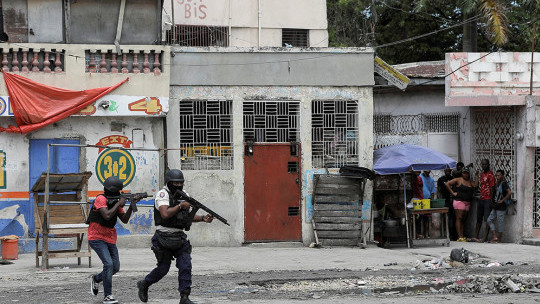
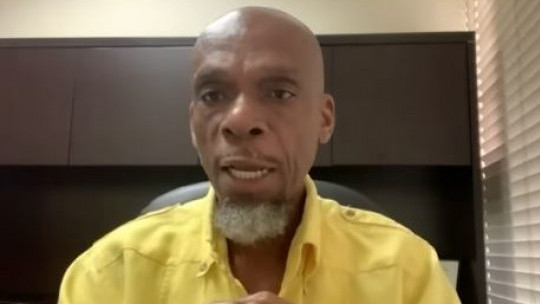
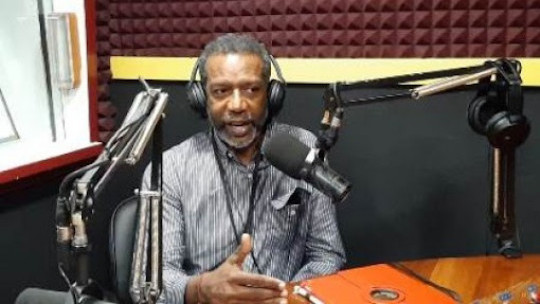





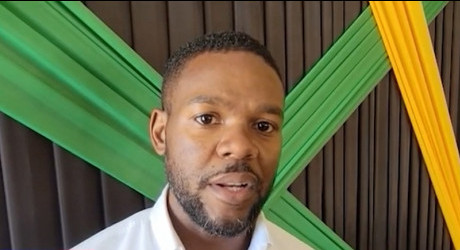
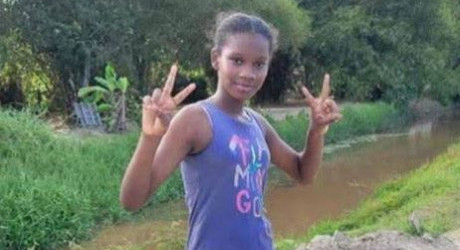

 All feeds
All feeds







